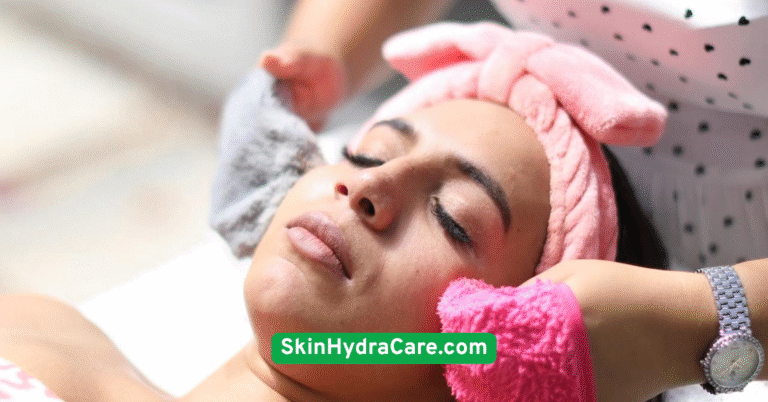5 Hydrating Skincare Tips to Avoid Irritation (2025)
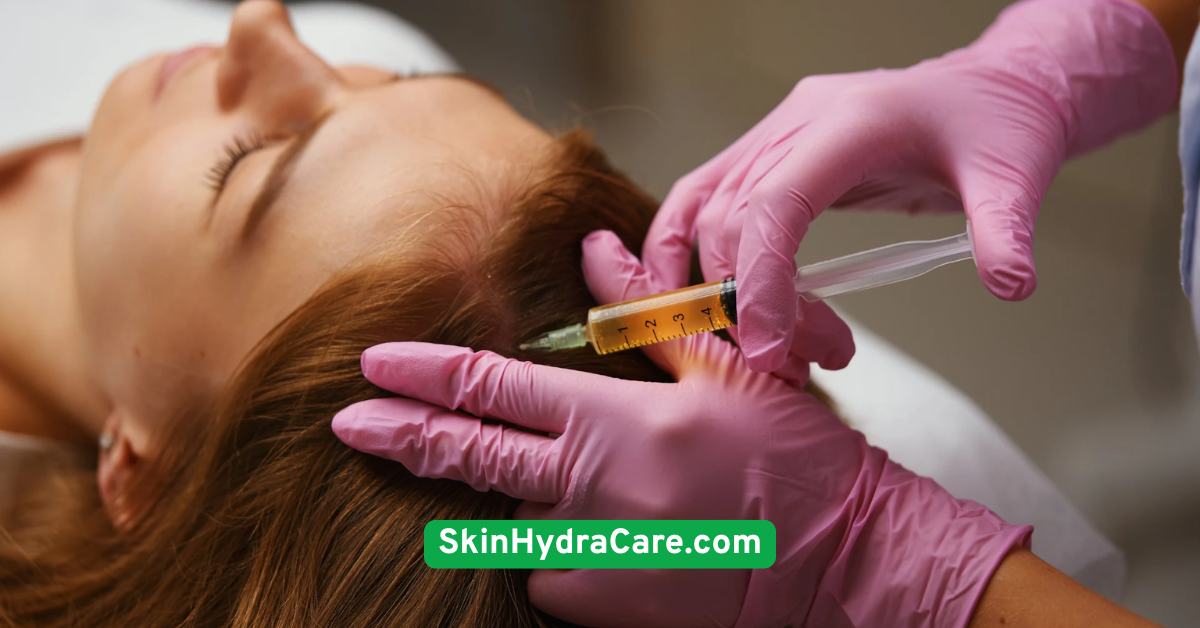
1. Choose a Gentle, Hydrating Cleanser
Your cleanser is the foundation of your skincare routine—but it can also be the biggest culprit behind irritation if it’s too harsh. Many popular cleansers contain sulfates, fragrances, or alcohol, which can strip your natural oils and disrupt your skin barrier.Instead, look for formulas that are specifically designed for hydration and sensitivity. Think ceramides, glycerin, and hyaluronic acid—these ingredients cleanse without robbing your skin of moisture.Pro tip? Use lukewarm water, not hot. Hot water feels amazing in the moment, but it dehydrates your skin faster than you think. Stick to cleansing once in the morning and once at night, and if you have ultra-dry or irritated skin, try just water in the morning to avoid over-washing.A solid gentle cleanser sets the tone for everything that follows. If your skin feels soft and supple after washing—not squeaky—you’re on the right track.

2. Apply Moisturizer on Damp Skin (Yes, Really!)
Here’s one hydration trick most people overlook: moisturizer works best on damp skin. Applying your cream or lotion within 30 seconds of rinsing your face can lock in up to 10 times more moisture. It’s a simple switch that makes a huge difference.Why? When your skin is damp, it’s more permeable. That means all those beneficial ingredients—like squalane, urea, or aloe vera—penetrate deeper and work harder.Another helpful hack: layer your products from thinnest to thickest. Start with a hydrating essence or toner (if you use one), then a serum, and finish with your moisturizer. This helps seal in every drop of hydration.Be sure to choose a fragrance-free moisturizer if you’re dealing with sensitivity. Avoid fancy scents or unnecessary additives—they often do more harm than good. Look for products labeled “non-comedogenic” and “for sensitive skin.”Your moisturizer is your shield—make it count.
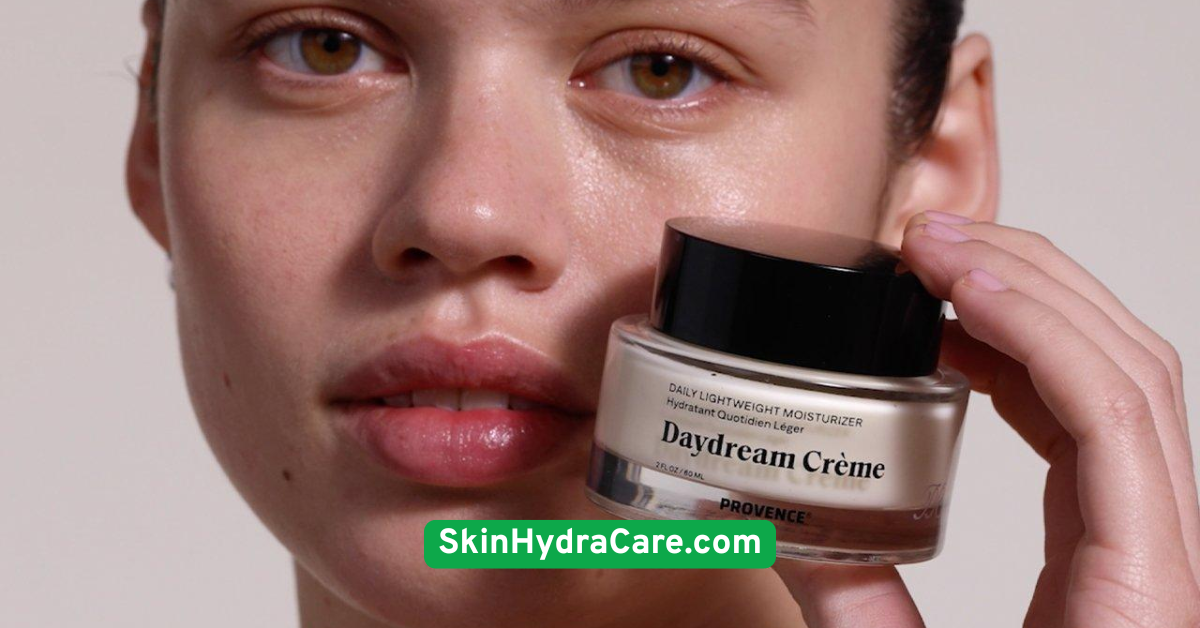
3. Incorporate a Hydrating Serum Into Your Routine
If moisturizer is the shield, then a hydrating serum is your skin’s water bottle. Serums are lightweight, fast-absorbing, and packed with concentrated active ingredients—ideal for boosting hydration where it’s needed most.Top ingredients to look for?
- Hyaluronic Acid: draws water into the skin like a magnet.
- Panthenol (Vitamin B5): soothes and hydrates deeply.
- Niacinamide: balances oil, evens tone, and supports hydration.
Timing matters too. Apply your serum right after toner or essence, before your moisturizer. A lightweight serum in the morning can prep your skin beautifully for makeup or sunscreen, while a richer serum at night can work its magic as you sleep.Be careful with serums containing harsh acids or strong retinoids. If your skin’s already irritated, these can make things worse. Instead, stick with barrier-loving ingredients that focus on calming and replenishing.Remember, it’s not about using more products—it’s about using the right ones.
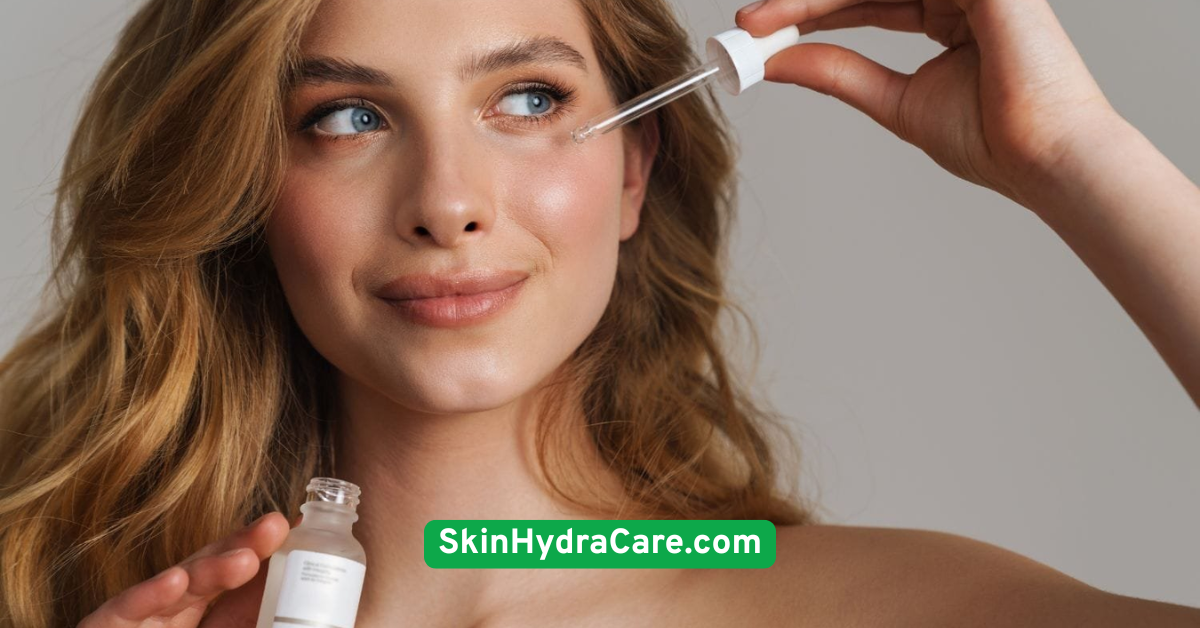
4. Protect and Repair Your Skin Barrier
Let’s talk about your skin barrier—it’s like a protective wall that keeps the good stuff in (moisture) and the bad stuff out (pollution, bacteria, allergens). When that wall is compromised? Boom: irritation, flaking, redness, and breakouts.To protect your barrier, avoid over-exfoliation. Yes, exfoliating can make your skin glow—but doing it too often (especially with acids or scrubs) can weaken your barrier. Limit exfoliating to once or twice a week, and always follow with a nourishing moisturizer.Look for products rich in ceramides, cholesterol, and fatty acids—these mimic your skin’s natural composition and help restore its integrity. Using occlusives like petrolatum, lanolin, or shea butter at night can lock in hydration and prevent overnight moisture loss.Also, minimize exposure to known irritants like essential oils, denatured alcohol, or synthetic dyes. Even “natural” ingredients can wreak havoc on sensitive skin if your barrier is already compromised.A healthy barrier equals calm, happy skin—and it’s easier to maintain than repair, so treat it with love.

5. Hydrate from the Inside Out
Skincare isn’t just about what you put on your face—it’s also about what you put in your body. Hydration starts from within, and your diet and water intake play a huge role in the health of your skin.Aim to drink at least 8 glasses of water daily. If plain water bores you, jazz it up with lemon, mint, or cucumber slices. Herbal teas and water-rich foods can also boost hydration.Speaking of food—add more hydrating ingredients like:
- Cucumbers
- Watermelon
- Celery
- Oranges
- Zucchini
These are not only water-rich but also packed with skin-loving vitamins and antioxidants. Reduce your intake of alcohol and caffeine, as they’re known to dehydrate and can worsen redness or flakiness.Supplements like omega-3 fatty acids (found in fish oil, flaxseeds, or chia seeds) and collagen peptides can also enhance your skin’s hydration and elasticity. While they’re not magic pills, when paired with a good topical routine, the results can be impressive.So yes, glow comes from within—literally.
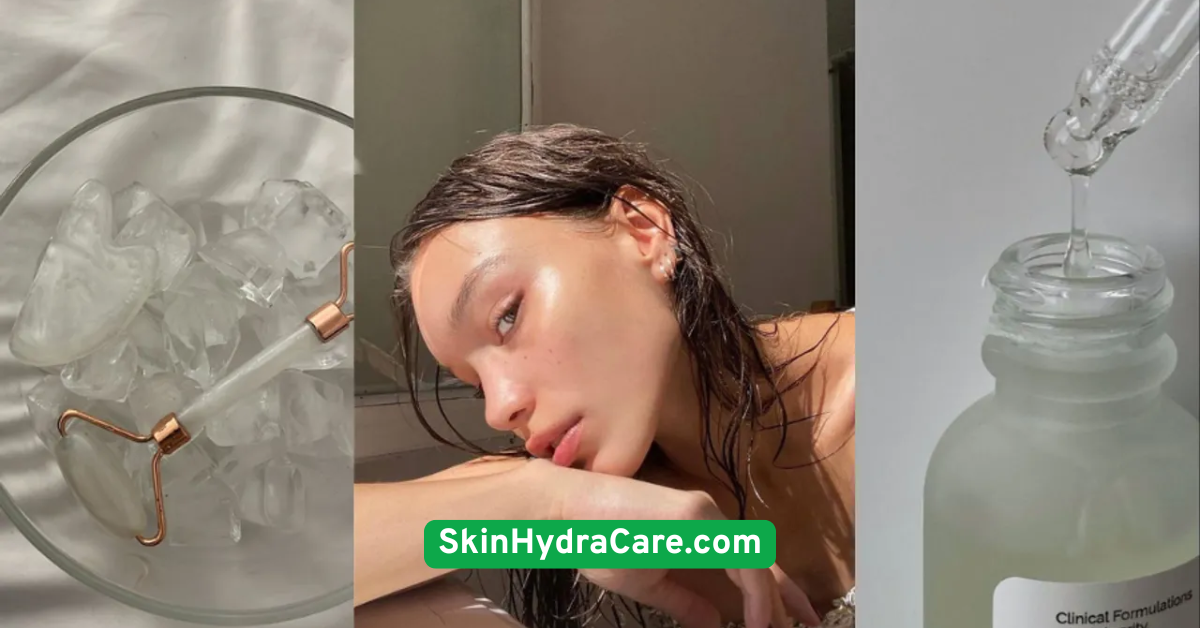
Conclusion
If your skin feels tight, irritated, or just plain confused—don’t panic. It’s usually a sign that your routine needs a hydration reset. With these 5 science-backed, soothing skincare tips, you can rebuild trust with your skin and get back to that healthy, balanced glow.
Start small. Maybe swap out your cleanser this week. Next week, add a serum. Or just focus on drinking more water. It’s the little things, done consistently, that truly transform your skin over time.
Remember, hydration is the foundation of calm, resilient skin. When your skin is well-moisturized, everything else—texture, tone, even acne—tends to improve.
Be patient. Be kind. And keep it simple.
Here’s to less irritation and more radiance—starting today.





